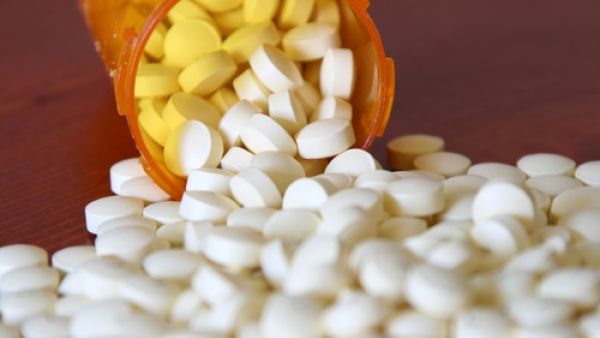In February, the UAE’s Federal Cabinet announced its plans to reduce the price of more than 6,000 medications by up to 40 per cent in a drive to make health care more affordable. Recent news that the new pricing system has since been approved should be welcomed as it will help unify the price of medicine with other GCC countries, open up the market by encouraging pharmaceutical firms and distributors to operate here and therefore facilitate increased consumer choice.
The UAE is heavily reliant on imported medicine. Over 80 per cent of all medication sold in is imported, with domestic production representing just 15 per cent of drugs available in UAE pharmacies. This imbalance makes constructing a unified pricing system for drugs difficult as we are subject to foreign currency fluctuations on the imported medication.
Regulation around pricing is a key part of the short-term solution but, long-term, we must find a way to address the skew in this ratio. We must reduce our reliance on imports by tackling the root of the problem. If we get it right, we will facilitate further diversification of our economy and grow the number of knowledge workers based in UAE focused on building the industry. Both aspects will lead to the growth of a robust and sustainable medical sector.
To achieve this, the UAE must develop first-class, industry-focused facilities to support the development of the sector. By increasing the availability of purpose-built infrastructure and dedicated R&D facilities, local firms will have the means to manufacture generic drugs that will shortly come off-patent. These already exist in the form of dedicated free zones but, by raising awareness of their presence, we can encourage additional regional manufacturers to relocate to the UAE, thus enabling us to benefit from their production for domestic use. There is also the additional benefit to manufacturers of the UAE’s strategic location for export across the Gulf.
There is a trend for the youth of the UAE trained in this area to leave the country and seek employment overseas, leaving us with a void of young, talented home-grown scientists. To develop and attract the highly skilled workforce to build this industry, schools and universities should be encouraged to play a major role in nurturing the local talent.
This is a highly technical industry; therefore, work must be done to inspire the next generation to consider a career in sciences. Fostering and facilitating a local scientific community will ensure the country builds a solid knowledge base on which the medical sector can thrive.
The fast growing markets of the region will increasingly need affordable medicine as populations swell. Price will remain an issue as long as heavy reliance is placed on imported drugs.
We must strengthen collaboration between the industry, academia, regulators and government through partnerships and programmes that outline the benefits and opportunities of pursuing a career in the medical sector. We must aim to develop a robust medical sector that is capable of supporting the demand of the residents on the UAE. It will be a challenging journey, but one that is ultimately for the benefit of our physical and economic health.
By Marwan Abdulaziz








